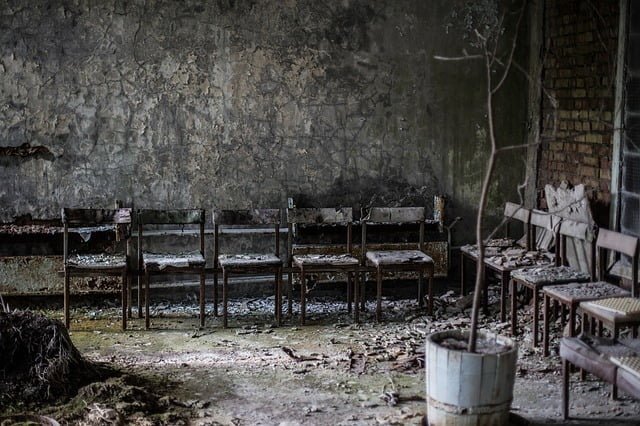Horror pervades human experience. It affects us both as individuals and as members of social communities, it is recurrent in pop culture and arguably present in all fields of human knowledge and realms of storytelling, from Cronus eating his own children, to Freddy Krueger’s sadistic murders in A Nightmare on Elm Street to media coverage of war. As a fundamentally paradoxical concept, horror simultaneously repels and fascinates us: we naturally dread it, yet we are drawn to it. We are taught to avoid that which is horrifying, but the appeal of horror, whether in the form of fiction or sensational news, is irresistible. Indeed, we simultaneously narrate, describe, imagine, consume, dread and crave horror in all of its dimensions, and with the most varied goals.
Horror taps into primal emotions of fear and disgust that are universal to the human condition, and finds expression across cultures and historical periods. Yet the texts that shape the ways in which horror is broadly understood historically reflect predominantly Anglo-European and American cultural, social, historical and geographical contexts.
Growing awareness and appreciation of the rich horror traditions of other countries around the world, including Japan, Korean, India, Brazil and Ecuador, has highlighted the importance of considering horror in a global context. Accordingly, the Global Horror: Local Perspectives Project provides a platform for exploring the ways in which horror motifs and themes are expressed through the ‘local perspectives’ that inform the creative practices and daily life of particular nations and cultures.
Activities
Conferences
1st Global Inclusive Interdisciplinary Conference
Global Horror: Local Perspectives
SSunday 14th March 2021 – Monday 15th March 2021
Lisbon, Portugal

